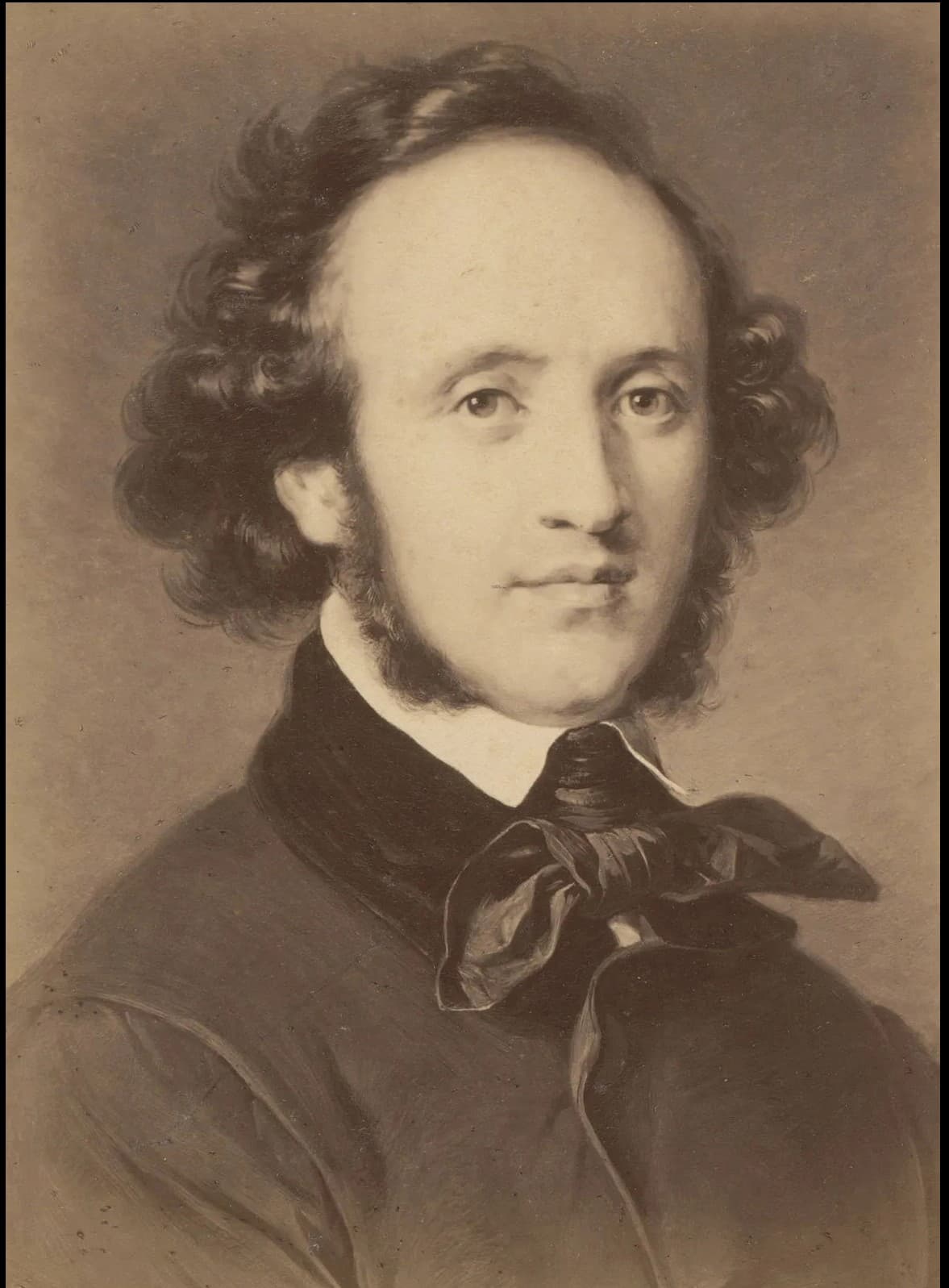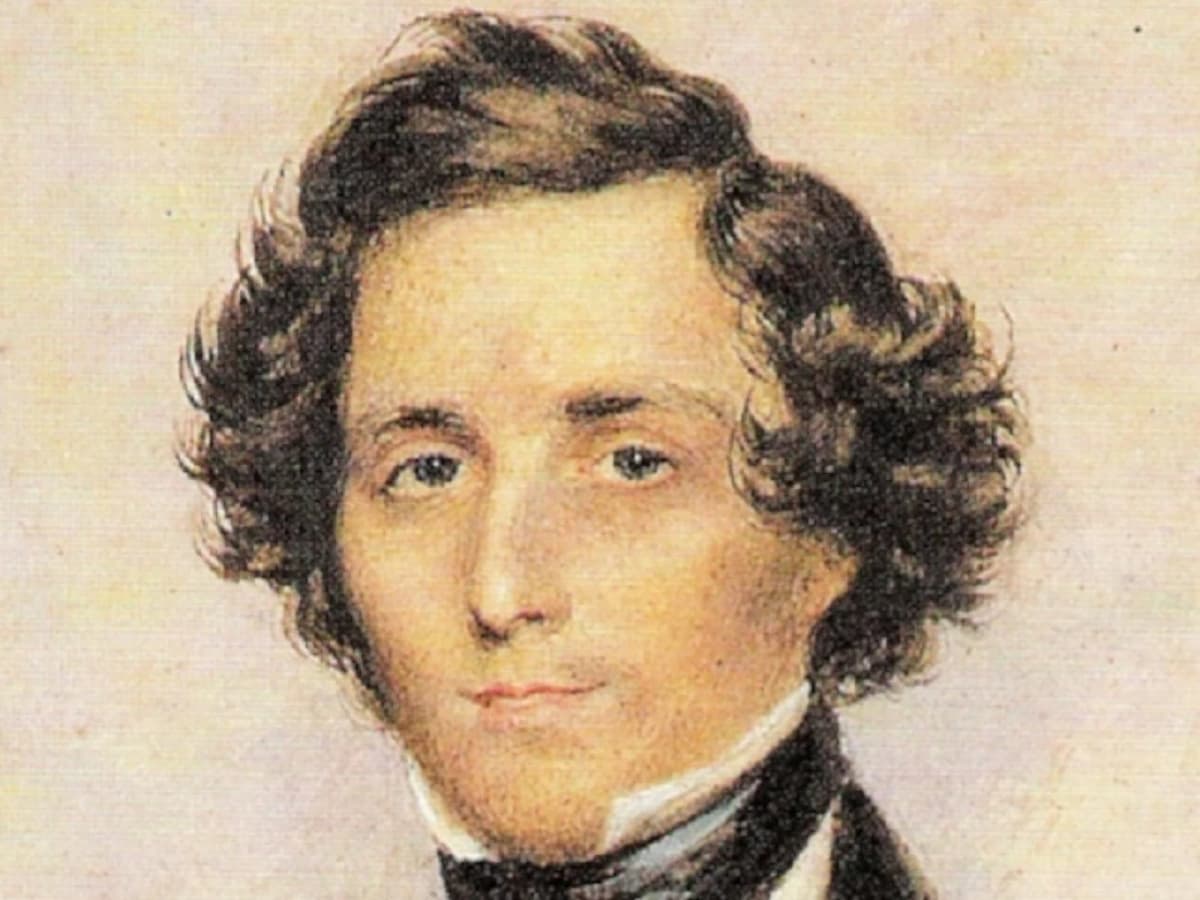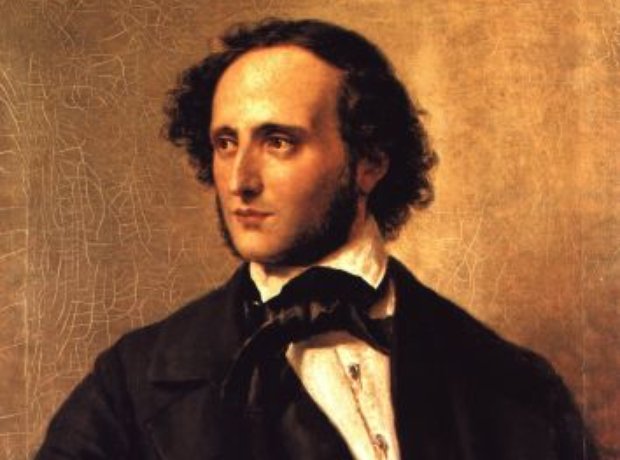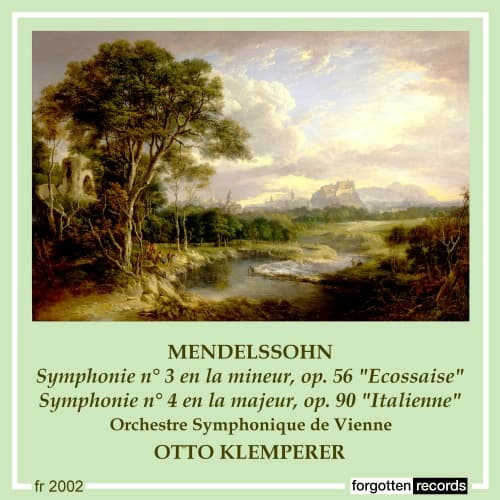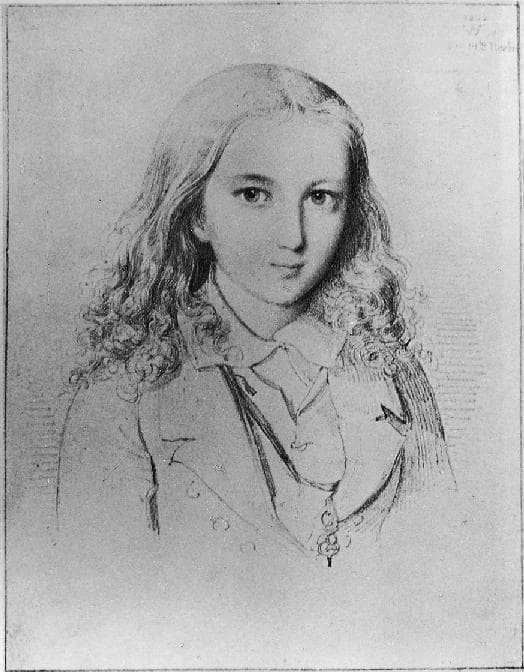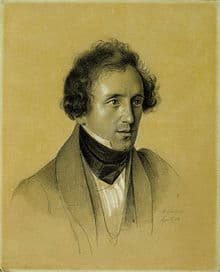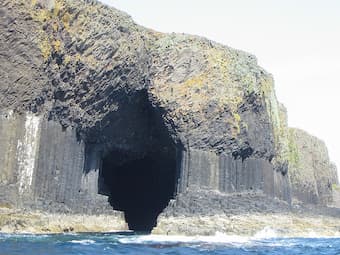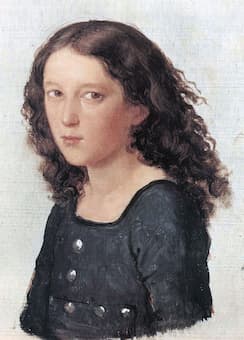Felix Mendelssohn is credited with creating a new genre of music for the piano: the short lyrical pieces known as the Lieder ohne Worte, the Songs Without Words. It was common in the Romantic period to have short lyrical piano
Mendelssohn
No one dies at a favourable time, needless to say, but Felix Mendelssohn’s timing was particularly unfortunate. 1847 was one year before revolution would sweep across Europe, and so Mendelssohn would have his legacy formed in a post-revolutionary context. His
Although Felix Mendelssohn predated Brahms, his cello music is on the cusp of romanticism, bridging the classical and the romantic periods of music. He wrote two cello sonatas, No. 1 in B-flat Op. 45, and No. 2 in D Major
Mendelssohn had the consummate skill to bring a landscape to life, whether it was the wilds of the Scottish Isles in his Symphony No. 3, or the warmth of Italy in his Symphony No. 4. Mendelssohn began writing his Italian
Mendelssohn was only 26 when he took up his appointment as Director of the Leipzig Gewandhaus in 1835. Mendelssohn was internationally famous, and Schumann, who had just founded the Neue Zeitschrift für Musik, was still struggling to find his way
Felix Mendelssohn (1809-1847) and his sister Fanny were born into a prosperous and prominent Jewish family. Extraordinarily talented, they grew up in a highly intellectual environment. Visitors to the salon organized by their parents included the poets Heinrich Heine and
During his first visit to Britain in 1829, Felix Mendelssohn participated in a series of highly successful performances in London. During his London stay, Mendelssohn was in the care of his close lifelong friend Carl Klingemann. Klingemann was eleven years
On 3 February 1809, Felix Mendelssohn was born in Hamburg into a highly prominent Jewish family. His grandfather Moses Mendelssohn was the “preeminent Jewish philosopher of the Enlightenment in Germany, who had argued for religious tolerance and the assimilation of

